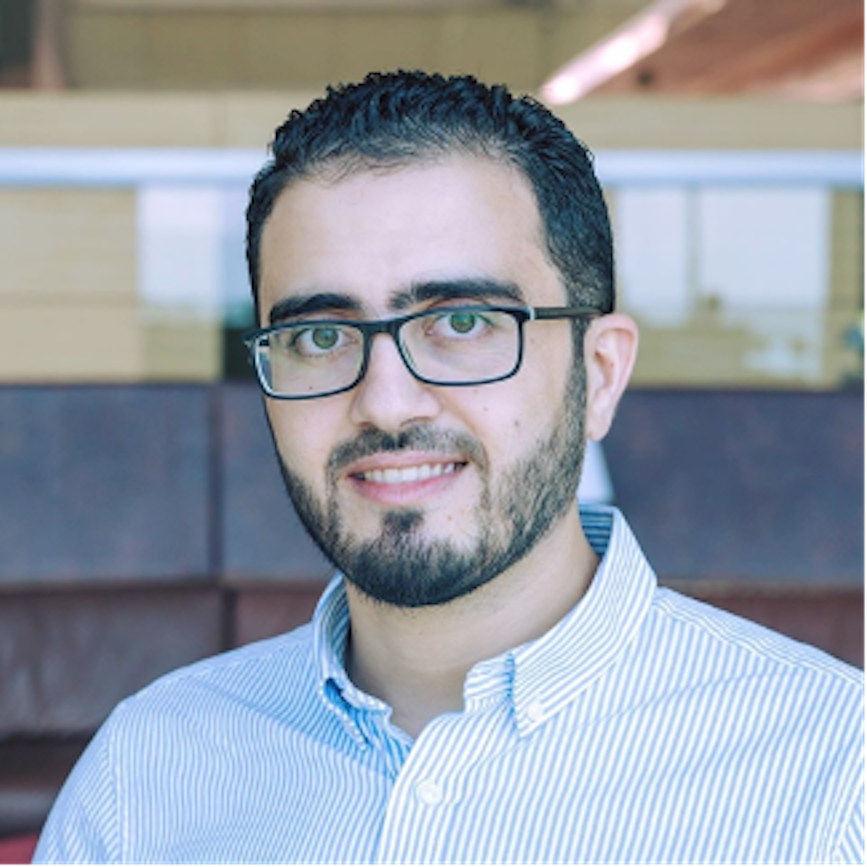Dr. Mohamed Bahloul is an Assistant Professor in Electrical Engineering at Alfaisal University and the Director of the Translational Biomedical Engineering Research Lab. He received his Ph.D. in Electrical and Computer Engineering from King Abdullah University of Science and Technology (KAUST), Saudi Arabia in 2022, and holds three Master of Science degrees from the University of Montpellier, France, the University of Sfax, Tunisia, and KAUST, in Microelectronic Systems, Embedded Systems, and Electrical Engineering-Electro-physics, respectively. He also earned a B.Sc. degree in Emerging Technologies in Electronics from the National School of Engineering of Sfax-Tunisia in 2015.
Dr. Bahloul's research interests are multidisciplinary and include biomedical and bioinformatic research, with a particular focus on cardiovascular system modeling, stroke, and coronary. He integrates multi-scale modeling and artificial intelligence techniques to develop smart health monitoring systems that can adapt to the complex variability of biological signals. Dr. Bahloul's expertise spans across estimation and systems control theory, data analysis, numerical modeling, and real-world applications and industries.
A common thread in Dr. Bahloul's research lies in combining different model classes, including data-driven, physics-based, and optimization-based models, into hybrid modeling frameworks. He has a strong interest in the real hardware implementation of these solutions and in designing, selecting, and optimizing the most appropriate target platform. This approach is particularly important given the ever-increasing scale and complexity of real-life phenomena in physics, engineering, chemistry, transportation, and healthcare.
Dr. Bahloul's interdisciplinary research expertise is well-suited to expedite the technology transfer to a wide range of real-world applications and industries, particularly in the biomedical and bioinformatic domains. His work on cardiovascular system modeling, stroke, and coronary artery disease has significant implications for improving health outcomes and developing new medical technologies. Through his research, Dr. Bahloul is contributing to a better understanding of complex biological processes and is developing innovative solutions to help address some of the most pressing challenges in healthcare today.


